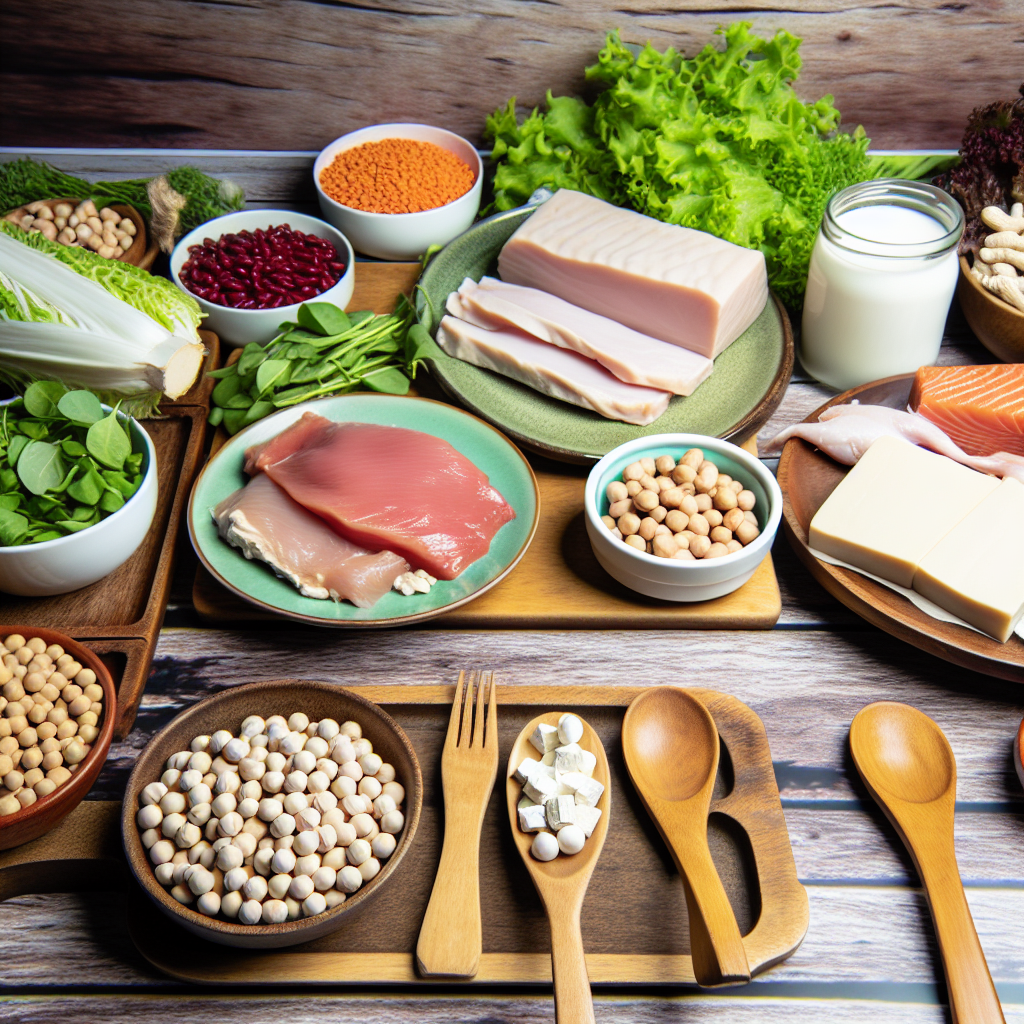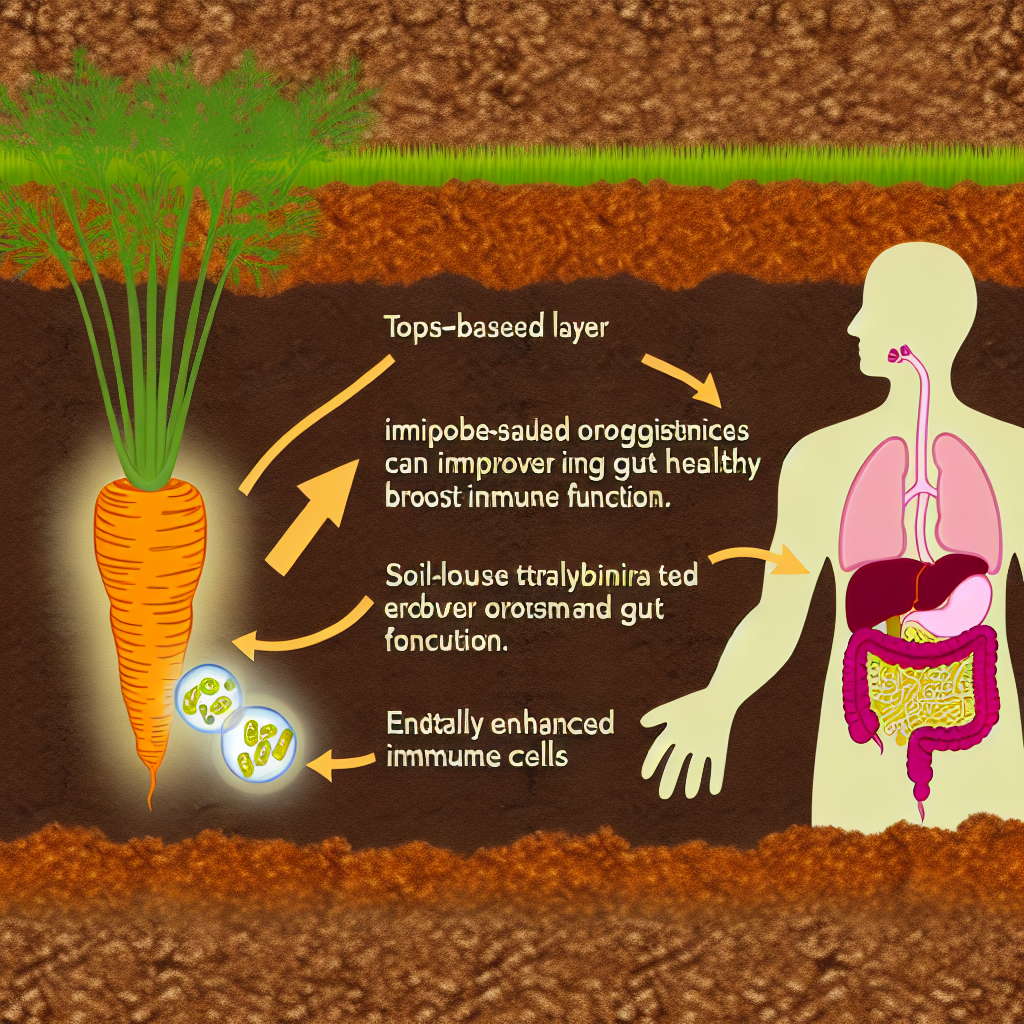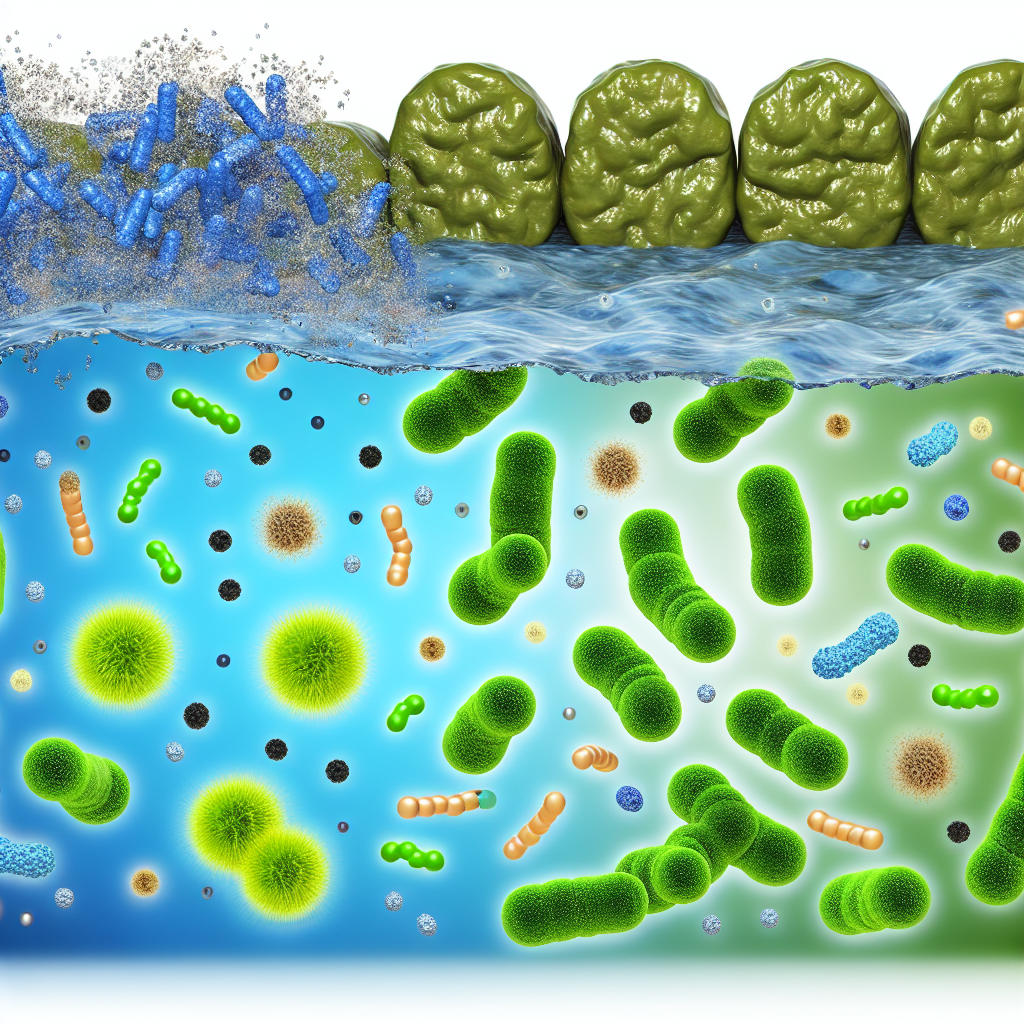# Best Gut-Friendly Protein Sources for Sensitive Digestive Systems
Introduction: Building Strength Without Gut Distress
Navigating gut health with a sensitive digestive system can be a daily challenge, especially when it comes to choosing the right protein sources. Protein is an essential macronutrient responsible for building muscles, maintaining immune function, and supporting the repair of tissues. Yet, for individuals with irritable bowel syndrome (IBS), inflammatory bowel disease (IBD), food intolerances, or other digestive concerns, selecting protein that the body can digest effectively—without triggering bloating, gas, cramping, or inflammation—is crucial.
Many common protein sources such as red meats, whey, legumes, and even some nuts can sometimes aggravate sensitive stomachs due to their fiber content, fermentation in the gut, or allergenic properties. For instance, plant proteins might include fermentable oligosaccharides that can increase gut fermentation, leading to symptoms in those with IBS. Likewise, animal-based protein, especially when high in saturated fat, has been linked to shifts in gut microbiota that can disturb balance and promote inflammation.
This is where gut-friendly protein sources come into focus—options that offer high bioavailability (ease of absorption in the body), minimal processing, and compatibility with sensitive gut environments. These alternative proteins can support digestive harmony while meeting daily nutritional needs, especially for individuals seeking natural and herbal treatment paths for optimal gut health.
As science advances, we now know that the health of our gastrointestinal tract impacts everything from our immunity to our mood via the gut-brain axis. Ensuring that protein consumption supports rather than hinders gut function is not just a matter of comfort, but a matter of overall wellness.
In this article, we explore the best gut-friendly protein sources geared toward sensitive digestive systems, backed by the latest research and professional insights. Whether you’re on a healing journey following a leaky gut, managing chronic conditions like Crohn’s, or proactively maintaining your microbiome, these protein options are gentle yet nutritionally robust—offering strength without sacrifice to your sensitivity.
Scientifically-Supported Gut-Friendly Protein Sources for Digestive Harmony
1. Collagen: The Gut-Lining Repair Specialist
Collagen, naturally found in bones and connective tissues, has become a star supplement in gut-healing protocols. Hydrolyzed collagen peptides are particularly easy to digest and do not contain allergenic compounds typically triggering for sensitive guts. A [study published in the *Journal of Clinical Gastroenterology* (2017)](https://journals.lww.com/jcge/Abstract/2017/03000/Oral_Collagen_Supplementation_and_Skin_Aging__A.15.aspx) showed collagen peptides significantly improved intestinal barrier function, which is essential for leaky gut repair.
2. Fish & Marine Proteins: Anti-Inflammatory Fuel for Your Gut
Fatty fish like salmon and white fish such as cod provide high-quality, easily digestible protein and omega-3 fatty acids. Omega-3s have well-documented anti-inflammatory effects, making them particularly beneficial for those with gut inflammation. The [National Institutes of Health (NIH) recognizes the role of omega-3s in modulating the inflammatory response and supporting gut microbiota diversity](https://ods.od.nih.gov/factsheets/Omega3FattyAcids-HealthProfessional/).
3. Bone Broth: Traditional Comfort with Modern Gut Benefits
Traditional bone broth is a foundational food in many gut-healing diets. Rich in amino acids such as proline, glycine, and glutamine, bone broth helps repair the gut lining. A [study in *Nutrients* (2017) notes the role of glutamine in maintaining intestinal integrity, especially in conditions like IBD](https://www.mdpi.com/2072-6643/9/7/771).
4. Organic, Pasture-Raised Eggs: Clean, Complete Protein Without the Upset
Eggs are an excellent option thanks to their high biological value and easy digestibility. An egg white consists mainly of protein with minimal fat and no fiber, which makes it gentle on the digestive system. Studies have not linked eggs to gut dysbiosis, and their moderate fat content supports bile production and nutrient absorption.
5. Tempeh: A Fermented Plant-Based Powerhouse
Unlike other soy products, tempeh is fermented, reducing its FODMAP content and making it easier to digest for those with sensitive stomachs. Fermentation also introduces probiotics, which help reinforce the gut microbiome. According to a [study in *Microorganisms* (2020), fermented soy products like tempeh enhance gut microbial diversity and improve digestion](https://www.mdpi.com/2076-2607/8/5/748).
6. Spirulina: Algae-Based Protein with Soothing Powers
This blue-green algae is a complete protein and highly digestible, making it a good supplemental option for those unable to tolerate other protein sources. The [*Journal of Medicinal Food* (2016) showed spirulina’s antioxidant and anti-inflammatory properties may benefit overall gastrointestinal health](https://www.liebertpub.com/doi/10.1089/jmf.2015.0169).
7. Hemp Seeds: Gentle Plant Protein Rich in Amino Acids
Hemp seeds are an excellent plant-based protein containing all essential amino acids and are rich in fiber that soothes, rather than irritates, the gut in small amounts. Unlike legumes, hemp does not contain oligosaccharides that ferment and cause gas. A [review article in *Frontiers in Nutrition* (2022) highlights the gut-friendly properties and digestibility of hemp and chia seeds, suggesting their beneficial effect on the gut-brain axis](https://www.frontiersin.org/articles/10.3389/fnut.2022.836120/full).
8. Quinoa: The Gut-Loving Pseudo-Grain
While technically a seed, quinoa is often classified as a pseudo-grain. It’s gluten-free, complete in amino acids, and easy on the digestive tract when properly rinsed and cooked. Research shows quinoa contains anti-inflammatory and gut-healing saponins which, when prepared correctly, support intestinal health.
9. Rice & Pea Protein Powders: Hypoallergenic and Healing Choices
For those who can tolerate plant-based powders, rice and pea proteins are considered hypoallergenic and easier to digest compared to whey or casein. Mixing both provides a well-rounded amino acid profile. A [randomized trial in *Nutrition Journal* (2013) found that rice protein was as effective as whey protein in promoting muscle recovery, without the digestive side effects associated with dairy](https://nutritionj.biomedcentral.com/articles/10.1186/1475-2891-12-86).
Conclusion: Nurture Your Gut with the Right Protein Choices
For individuals with sensitive digestive systems, incorporating gut-friendly proteins is a crucial step toward better health, improved energy, and reduced gastrointestinal distress. The options outlined—ranging from collagen and bone broth to spirulina and fermented soy—stand out not only because of their digestibility but also due to their microbiome-supportive properties and anti-inflammatory benefits.
By focusing on well-tolerated proteins that are easy to assimilate, rich in essential amino acids, and beneficial to the gut lining and microbiota, one can support healing and maintenance of optimal digestive balance. As always, a personalized approach, informed by professional guidance where needed, ensures the safest and most effective journey toward gut resilience and long-term well-being.
**Concise Summary:**
For those with sensitive digestive systems, incorporating gut-friendly protein sources like collagen, fish, bone broth, eggs, tempeh, spirulina, hemp seeds, quinoa, and plant-based powders can provide essential nutrients while supporting digestive harmony and overall wellness. These options are highly digestible, anti-inflammatory, and microbiome-supportive, making them ideal for those seeking natural ways to manage gut health.

Dominic E. is a passionate filmmaker navigating the exciting intersection of art and science. By day, he delves into the complexities of the human body as a full-time medical writer, meticulously translating intricate medical concepts into accessible and engaging narratives. By night, he explores the boundless realm of cinematic storytelling, crafting narratives that evoke emotion and challenge perspectives.
Film Student and Full-time Medical Writer for ContentVendor.com




